Omega-3 fats: Sources, benefits and forms
Fish oil or cod liver oil? Understand the differences
Omegas & Fish oils
Omega−3 fatty acids, also called Omega-3 oils, are polyunsaturated fatty acids and they play an important role in the diet and in human physiology. The three main types of omega−3 fatty acids include alpha-linolenic acid (ALA), eicosapentaenoic acid (EPA) and docosahexaenoic acid (DHA).
FAQ's
Omega-3 fatty acids are vital for optimal health. Omega-3 fish oil contains both docosahexaenoic acid (DHA), a key component for brain health and eicosapentaenoic acid (EPA), which encourages a healthy immune and inflammatory response. Omega-3 fatty acids are essential nutrients that are important in preventing and managing heart health. Findings show omega-3 fatty acids may help to lower blood pressure.
Skin irritation and dryness, including dry eyes. If you don't get enough omega-3s, you may experience dry, flaky skin and dermatitis-type concerns. Depression and low mood, brain fatigue, lack of concentration, joint pain, and stiffness, heart health conditions including blood pressure issues, high cholesterol, and circulation concerns.
It is suggested that taking Omega 3 foods in the diet or through supplementation may support overall health. Research indicates that omega-3 supplements may potentially help with heart health. High doses of omega-3s can reduce levels of triglycerides. Omega-3 supplements may also help relieve symptoms of osteoarthritic concerns and rheumatoid arthritis type concerns.
Omega-3 fatty acids are an essential nutrient that assists with cognitive function so you may notice more brain alertness and ability to concentrate. Joint health can be improved with results of better joint mobility and flexibility, with less stiffness in the joints. And cardiovascular strength is supported which may result in better cholesterol levels, triglycerides and blood pressure health.
Studies have stated that it can take from 6 months to a year to get levels to what is considered normal again, for symptom resolution, however, everyone is different, and therefore individual results may vary.




